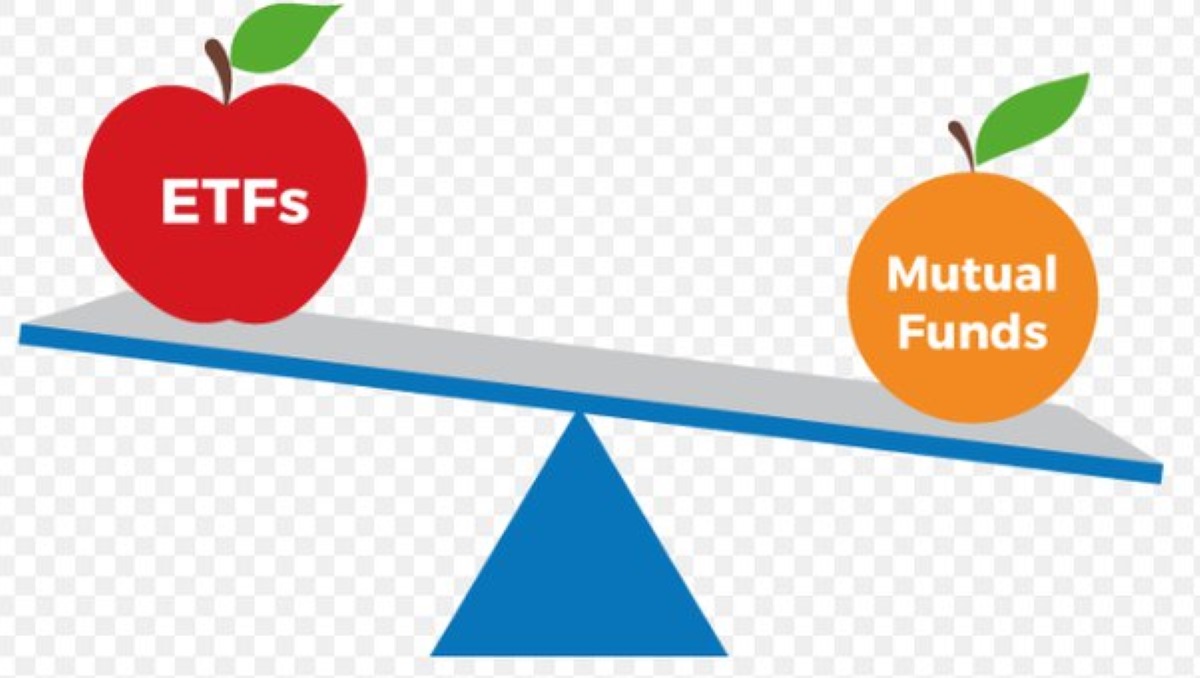

Finance
Bankable Funds Definition
Published: October 13, 2023
Learn the meaning of bankable funds and their significance in finance. Discover how these funds play a crucial role in financial transactions.
(Many of the links in this article redirect to a specific reviewed product. Your purchase of these products through affiliate links helps to generate commission for LiveWell, at no extra cost. Learn more)
What are Bankable Funds?
Finance is a complex world, filled with jargon and technical terms. One such term that you may come across is “bankable funds.” But what exactly does it mean? In this blog post, we will demystify the concept of bankable funds and provide you with a clear understanding of what it entails.
The Definition of Bankable Funds
Bankable funds refer to the amount of money or assets that an individual or business has available that a bank considers reliable and acceptable collateral for lending purposes. These funds can be in the form of cash, liquid assets, or investments that can readily be converted into cash. Typically, bankable funds are the funds that a borrower brings to the bank as a down payment or collateral when seeking a loan or credit.
Key Takeaways:
- Bankable funds are the amount of money or assets that a bank considers reliable and acceptable collateral for lending purposes.
- These funds can be in the form of cash, liquid assets, or investments that can readily be converted into cash.
Why Bankable Funds Matter
Bankable funds are an essential factor in the borrowing process for individuals and businesses. When seeking a loan or credit, banks assess the borrower’s financial situation to determine the level of risk involved. Having bankable funds demonstrates a borrower’s ability to provide a portion of the loan amount upfront or as collateral, which reduces the risk for the bank. In turn, this increases the borrower’s chances of obtaining the loan or credit they need.
How Bankable Funds Impact Loan Applications
When applying for a loan, showcasing a healthy amount of bankable funds can help bolster your application. Banks view borrowers with adequate bankable funds as financially responsible and capable of meeting their financial obligations. This increases the bank’s confidence in your ability to repay the loan, making you a more attractive candidate for credit.
Factors to Consider in Building Bankable Funds
Building a substantial amount of bankable funds takes time and careful financial planning. Here are a few factors to consider to help you build your bankable funds:
- Create a budget and stick to it. Tracking your income and expenses will allow you to allocate funds for savings.
- Reduce unnecessary expenses. Cutting back on non-essential items can free up more money to save or invest.
- Seek investment opportunities. Explore ways to grow your money through investments that offer a reliable return.
- Consider alternative sources of income. Exploring additional income streams can help increase the amount of money available for savings or investments.
Conclusion
Bankable funds play a crucial role in the borrowing process by demonstrating a borrower’s financial stability and ability to meet repayment obligations. By understanding the concept of bankable funds and taking steps to build your own, you can increase your chances of securing the loans or credit you need for personal or business purposes.
Remember, bankable funds are not just about meeting the requirements imposed by banks; they are also about providing financial security for yourself and your future ambitions.














